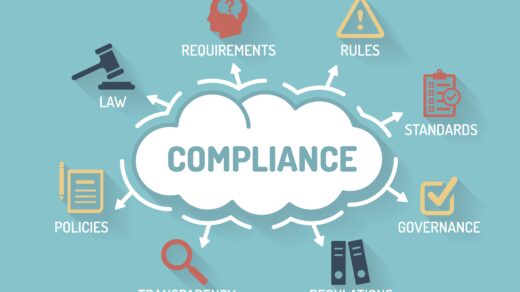In the world of crypto assets and digital assets, the regulatory environment can vary significantly from one country to another. In Uganda, the approach to crypto assets is notably cautious and somewhat ambiguous.
In this article, we will explore the current state of crypto asset regulation in Uganda, shedding light on what is permitted, what is not, and the challenges and debates surrounding this evolving landscape.
Crypto Assets: Not Recognized as Legal Tender
The first and most critical point to understand about Uganda’s stance on crypto assets is that they are not considered legal tender. This means that crypto assets do not hold the same status as the national currency, the Ugandan Shilling.
The government and the central bank do not officially recognize crypto assets as a valid medium of exchange, and they have not licensed any entity in Uganda to sell or facilitate crypto asset trading. Consequently, crypto assets are not backed by assets or government guarantees, and their issuers are not obligated to exchange them for legal currency or any other form of value.
A Judicial Perspective
A notable development in Uganda’s crypto asset landscape was a recent legal case where an application sought to overturn a directive from the Bank of Uganda (BOU). This directive had prohibited licensed entities and individuals from participating in crypto asset transactions. However, the High Court in Uganda, under the ruling of Justice Musa Ssekaana, dismissed the application.
The court held that the BOU’s prohibition on crypto assets does not infringe on property rights and is not an attempt to legalize the “undefined system as a payment instrument in Uganda.” This ruling affirmed the central bank’s authority to issue directives related to crypto assets, and it highlighted that using crypto assets in Uganda is done entirely at one’s own risk.
The Bank of Uganda’s Regulatory Sandbox
The Bank of Uganda, despite its strict stance on crypto assets, has shown some openness to innovation in the blockchain and crypto space. In June 2021, the bank introduced a regulatory sandbox framework that allows fintech firms to test “innovative financial solutions” in a controlled environment. The goal is to encourage the adoption of electronic payments and digital financial services in Uganda. This initiative aligns with Uganda’s aspirations to become a more digital economy.
While this development appears to be a shift from the BOU’s previous stance, the central bank had previously issued warnings in late April 2022, cautioning against crypto assets. The bank notified payment service providers that enabling crypto transactions could expose the country to money laundering and scams. The BOU also warned that any licensed entity facilitating crypto trading would risk losing its financial license.
It’s important to clarify that, as of now, crypto assets are not banned in Uganda, and individuals can still purchase, hold, and trade them. However, the absence of a regulatory framework means that individuals and entities engage in crypto asset activities at their own risk.
The Role of the Financial Intelligence Authority
The Financial Intelligence Authority (FIA) has also entered the regulatory landscape with a focus on money laundering prevention. In December 2020, the FIA amended the Anti-Money Laundering Act to include virtual asset service providers (VASPs) among the list of “accountable persons.” These VASPs are subject to supervision and monitoring by the FIA.
However, the FIA has expressed concerns about the substantial noncompliance of market participants with licensing requirements. This lack of compliance exposes market participants to various risks, including money laundering, terrorism financing, and investment scams. A recent FIA report indicated that only a few VASPs had registered, emphasizing the need for more comprehensive regulations and compliance within the crypto service provider sector.
The Inconsistent Regulatory Landscape
One of the key challenges facing crypto assets in Uganda is the inconsistent and sometimes contradictory approach taken by different government entities. The Bank of Uganda and the Ministry of Finance have sent mixed signals about how they intend to handle crypto assets.
While the government’s approach raises issues of inconsistency, legality, and fairness, it also sparks debate within the country about the need for comprehensive regulation. The cryptocurrency and blockchain communities, represented by the Blockchain Association of Uganda (BAU), have expressed their willingness to embrace regulation and operate within a clear legal framework.
However, the lack of clear laws and regulations governing crypto assets in Uganda has created an environment of uncertainty and subjectivity. These challenges raise concerns not only about the protection of crypto asset investors but also about the country’s development goals and the right to economic growth.
In conclusion, Uganda’s regulatory landscape for crypto assets remains in a state of flux. The absence of clear regulations and the conflicting signals from different government entities create challenges for crypto enthusiasts, innovators, and businesses in the country. As the global crypto asset industry continues to evolve, Uganda may need to establish a comprehensive regulatory framework to provide clarity, safety, and consumer protection while fostering economic growth and technological innovation. The journey toward robust crypto asset regulation in Uganda is likely to be marked by ongoing debates and developments, as the country grapples with the opportunities and challenges presented by this digital asset class.




